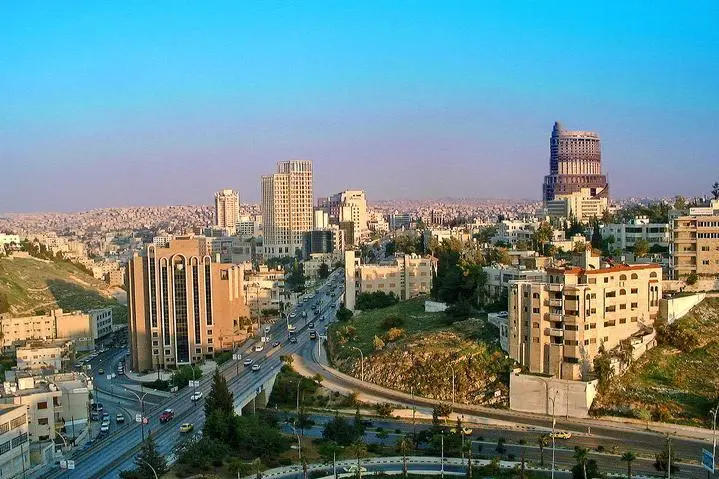PHOTO
AMMAN — Minister of Water and Irrigation Raed Abul Saud on Tuesday said that the government, through its water sector institutions, has set ambitious plans to address the Kingdom’s water challenges, upgrade networks, and curb violations.
Abul Saud noted that the ongoing network upgrades saved approximately JD114 million and around 20 million cubic metres of potable water for citizens in 2024, according to a ministry statement.
The minister also stressed that reducing water loss remains a top priority, achieved through cooperation with the local private sector, the first initiative of its kind in the region.
"The partnership has contributed to a 7.5 per cent reduction in water loss in recent years, bringing the national rate down to below 46 per cent," he said, adding that this surpasses the two-year reduction target of 2 per cent, with an annual improvement of around 3 per cent.
The minister also said that pilot projects in certain areas, including Aqaba and parts of the capital, have achieved water loss levels close to international standards.
He also noted that the causes of water loss are well-defined, with technical losses, including malfunctions and ageing infrastructure, accounting for about 30 per cent, while administrative losses, mainly violations and illegal usage, make up around 70 per cent.
In 2024, the government’s enforcement efforts led to the confiscation of eight illegal drilling rigs, the removal of 58 violations on public land in the Jordan Valley, and the confiscation of 98 violations at the Al Kahraba Samra Station, the statement said.
Additionally, authorities sealed 109 illegal wells and removed 2,976 violations along the King Abdullah Canal, one of the Kingdom’s primary water sources.
Across various regions, over 16,225 violations on main and secondary water lines were addressed, and 103 cases were referred to the judiciary. These actions contributed to conserving an estimated 20 million cubic metres of water and improved the efficiency of supply in affected areas.
Abul Saud also highlighted the sector’s increased reliance on technology and artificial intelligence (AI) to manage and distribute water, citing a pilot AI project implemented in a part of Amman to operate and oversee the water network.
Additionally, network upgrades have been carried out across 10 areas in Amman, covering 110 kilometres. He also said that water loss reduction projects have now reached 22 per cent of subscribers in the capital, serving around one million citizens.
These initiatives have reduced energy consumption by 54 per cent, brought water loss in the targeted areas down to about 15 per cent, and saved nearly 6.5 million cubic metres of water, he said.
The minister also highlighted the deployment of mobile units equipped with advanced electronic systems to detect leaks and respond to complaints directly, using best practices and standards adopted by advanced countries.
Abul Saud noted that the cost of water per cubic metre has dropped to around JD1.93 in 2024, though the deficit per cubic metre remains at JD0.80.
He also said monthly water bills have generated greater public satisfaction, reflecting improved awareness of water conservation and helping ensure consistent bill payments, similar to other services such as electricity and telecommunications.
The minister also noted that objections to the bill values decreased to less than 60 per cent by the end of 2024. "Through widespread awareness campaigns, communication efforts, and consumer surveys by water companies, cases of water waste on rooftops and in streets have seen a significant decline compared to previous years," he added.
© Copyright The Jordan Times. All rights reserved. Provided by SyndiGate Media Inc. (Syndigate.info).




















